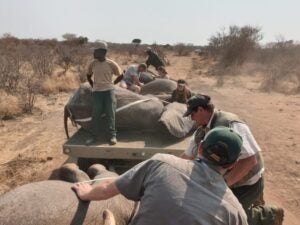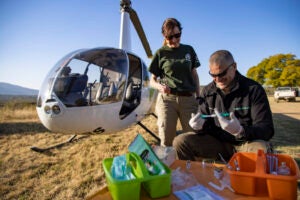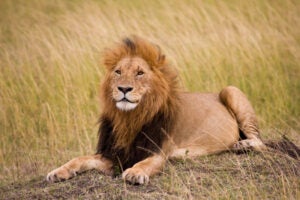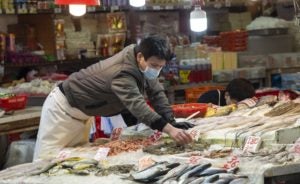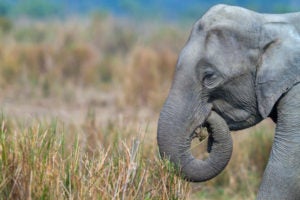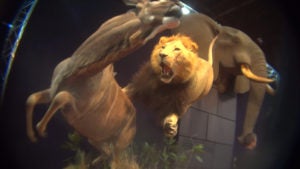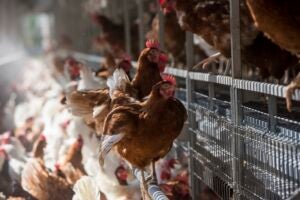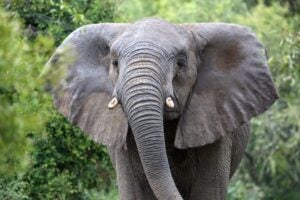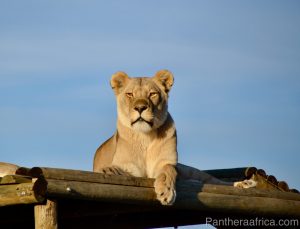
CAPE TOWN—As part of its global COVID-19 relief programme, Humane Society International is supporting an ethical big cat sanctuary in the Western Cape that cares for 26 big cats and other wild animals, including lions rescued from South Africa’s notorious captive lion breeding industry.
Panthera Africa, which counts itself as one of only six ethical big cat sanctuaries in South Africa, had derived much of its funding from paying, international volunteers and tourists, but this was abruptly stopped by COVID-imposed travel restrictions in 2020. The sanctuary’s volunteer and tourist activities were only able to resume recently and currently run at 28% capacity.
“Over a year into the pandemic organisations like Panthera Africa continue to face compromised funding, despite their continued best efforts,” said Marisol Gutierrez, HSI/Africa media and communications manager. “No breeding, trade, physical interaction or petting takes place at this sanctuary, which is why it’s considered ethical. Thanks to HSI’s corporate and other supporters, we were able to help and we’re proud to be associated with Panthera Africa.”
Panthera Africa provides educational tours to members of the public, by appointment, but there is no physical contact with any of the resident big cats, which include lions, tigers, a ‘black panther,’ leopard, caracal and cheetah.
“We accepted the relief funds from HSI/Africa with much gratitude; we’re still trying to recover from the enormous financial pressure that COVID-19 has caused. But now we can celebrate the resumption of our volunteer and education programmes, the award of the HSI grant and the recent announcement that captive lion breeding will be banned,” said Panthera Africa co-founder, Lizaene Cornwall.
Cruel breeding farms
The High Level Advisory Panel appointed by the Minister of the Department of Forestry, Fisheries and the Environment recently released recommendations that include an end to captive lion breeding, its associated spin-off industries such as cub-petting and lion walking and the commercial trade of lion derivatives, as well as expressly recognizing animal welfare as a central pillar of wildlife management policy. These were key proposals made by HSI/Africa in comprehensive written and oral submissions to the panel, as well as in comments submitted during public participation processes in species-specific norms and standards development.
“HSI applauds the panel’s recommendation to end captive lion breeding. It puts a stop to these inhumane breeding farms and brings an end to the suffering of thousands of lions who have been awaiting their fate as either canned trophies or bags of bones for the legal lion bone trade,” added Gutierrez.
Lioness Jade is one of very few lions who was rescued from a captive lion breeding facility and now has safe sanctuary at Panthera Africa.
“When Jade came to us, her stomach and nipples were severely swollen after the excessive breeding she’d endured. She’d had seven litters in just three years—which was only possible because her cubs were taken away from her when they were only days old, forcing her to come into estrous again. Her back-to-back pregnancies, without time to heal, had caused Jade’s womb to attach to some of her other organs. Our vet had to cut the womb free in order to complete her spay,” explained Cornwall.
According to Panthera Africa, the instinct of a mother lioness is to protect and nurture her cubs for up to two years, and when this is denied time and time again—as it is in the captive breeding industry—the emotional and psychological impacts are substantial.
ENDS
Media contact: Marisol Gutierrez, HSI/Africa media and communications manager: +27 72 358 9531; mgutierrez@hsi.org

